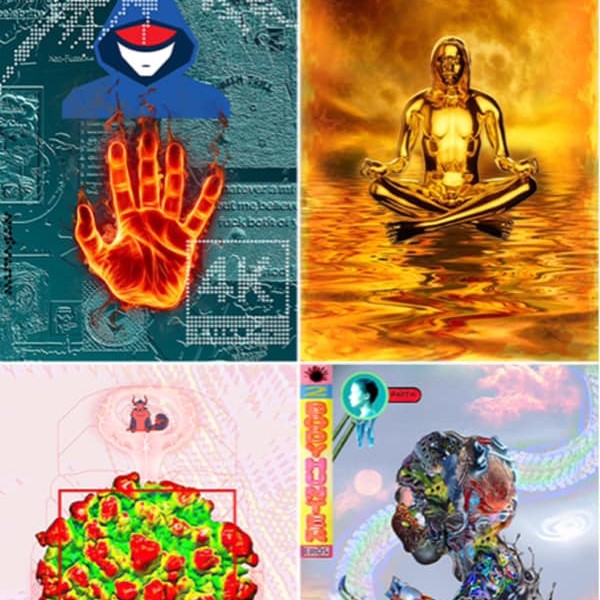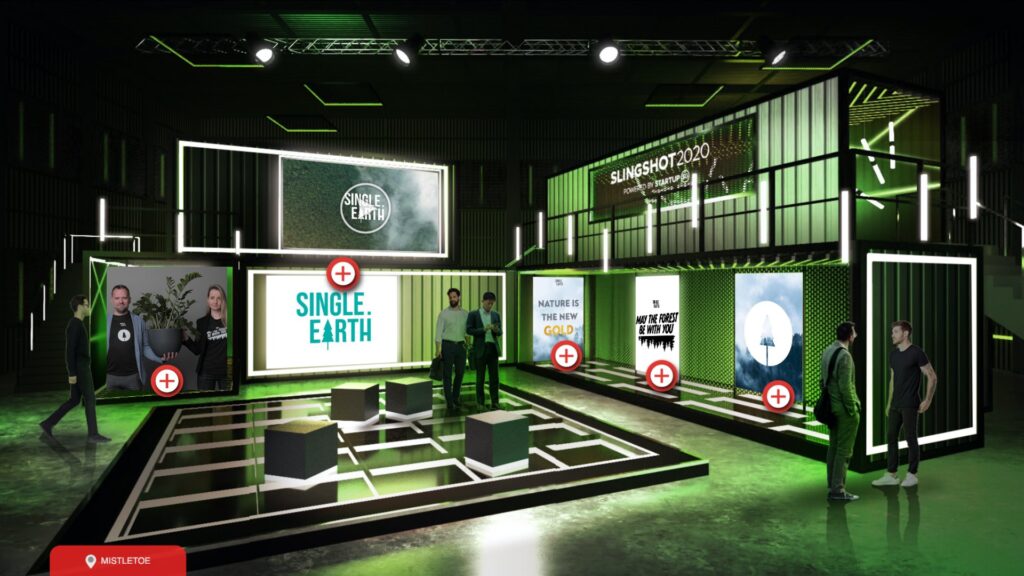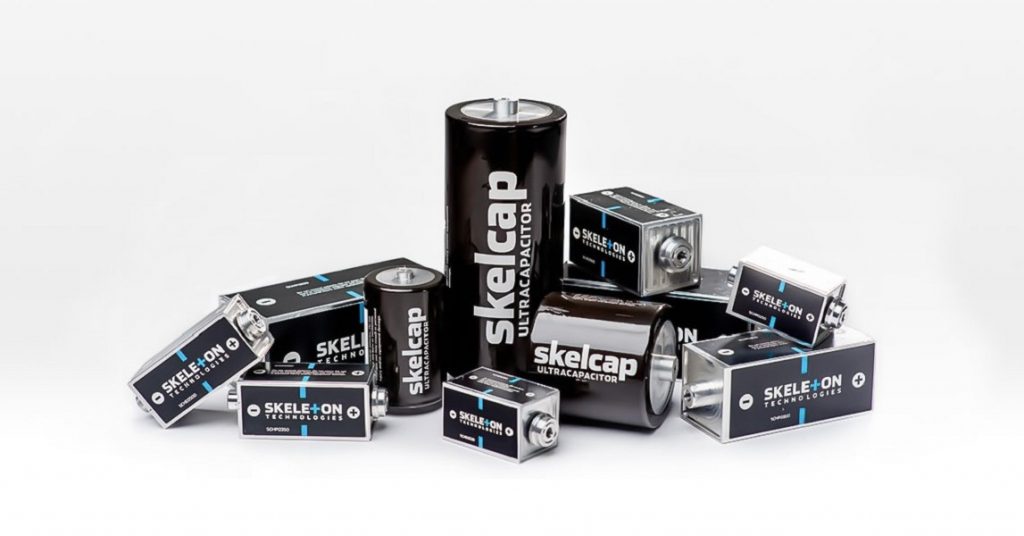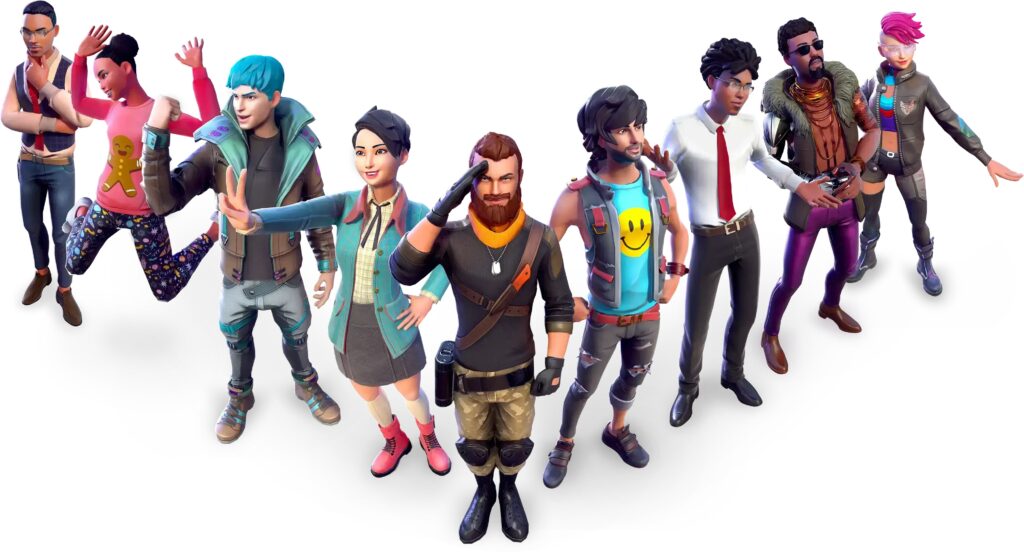The team at the Tartu, Estonia-based sTARTUp Day business festival put together a list of startup-related buzzwords from the last year; read on to learn which topics were hot in 2021 and which Estonian startups are catering to these trends.
#1 Deep-tech
Everyone seems to be talking about it, yet fewer have come up with a comprehensive definition. In essence, the term refers to complex proprietary technology that is hard to copy and relies on research and scientific breakthroughs. It’s one of the hot sectors currently eyed by many investors and startups.
The most prominent Estonian deep-tech startup is Skeleton Technologies that delivers ultracapacitor energy storage solutions across industries from automotive to aerospace. In 2021, the company announced €80 million in new funding.
#2 Metaverse
One of the contenders for the buzzword of 2021. Popularised by Mark Zuckerberg, the CEO of a company formerly known as Facebook, now called Meta, it’s usually understood as a set of interconnected virtual worlds in which people use avatars to work, play and interact with each other.
On 28 December, Wolf3D, an Estonian startup, announced raising a $13 million in series A funding round to build an avatar system for developers across the metaverse. The startup said its cross-game avatar platform is already being used by more than 1,000 companies worldwide.
#3 XR – Extended Reality
An umbrella term for virtual reality (VR), augmented reality (AR) and mixed reality (MR). In other words, all kinds of virtual and real-and-virtual-combined experiences accessed through screens or headsets. Ultimately, the technology that enables metaverse.
2021 saw the launch of the Estonian Virtual and Augmented Reality Association. The association unites companies and organisations with the purpose to advance and coordinate the development of XR in Estonia – and pave the way for future success stories in this rapidly growing sector.
#4 NFT – non-fungible token
A unique tradable unit of data often connected to digital content and built on blockchain technology. Non-fungible stands for individual. NFTs can be associated with reproducible digital files such as photos, videos, audio files or in-game assets.
One of the most notable NFT projects in Estonia has been Mutagen, created by artists Ilja Karilampi, Nik Kosmas, Katja Novitskova and Tommy Cash and curated by Temnikova & Kasela Gallery. The collection includes 40 rare NFTs (geneses) and 4,096 deflationary machine-generated NFTs (mutagens).

5# Soonicorn
While unicorns – startups valued at $1 billion – are breeding at an unprecedented rate (there are now over 900 unicorns in the world, with half of them joining the club in 2021), startups with the potential to become unicorns – soonicorns – are breeding even faster.
Indirectly, Estonia saw its unicorn count grow by two in 2021, as the digital identity network ID.me and the insurance provider Zego both reached unicorn status. Although neither company has physical offices in Estonia, their co-founders are Estonian, with roots in the local startup community.
#6 Gigacorn
Some investors are on the hunt for a rarer and greener beast: the “gigacorn”. The term doesn’t refer to a startup’s valuation but to a company that can get rid of one gigatonne of CO₂ from the atmosphere per year ‒ equivalent to the weight of 10,000 fully loaded aircraft carriers.
The Estonian startup sector is also set to make a positive climate impact. In July, Single.Earth raised a $7.9 million seed round for their carbon removal and biodiversity marketplace. The platform enables forests, wetlands and other planetary resources to generate profit for landowners by selling them as carbon and biodiversity credits, instead of raw materials.

#7 Lab meat
Lab meat (aka cultured meat or artificial meat) is meat produced from animal cells in a laboratory, not from conventional animal farming. While yet costly now, lab-grown steaks could become a staple of our menu in the future, leading to a kinder, healthier and more sustainable way of producing meat.
One of the companies on a mission to make lab meat more affordable is the Estonian startup Gelatex. Thanks to their proprietary technology, Gelatex manages to reduce the cost of nanofibrous scaffolding used in lab-grown meat production by 90%.
#8 Hybrid work
While we learned to do everything remotely in 2020, the year 2021 guided us back to the offices and taught us that we could have the best of both worlds. Experts argue that hybrid work – working some of the time in the workplace and some of the time anywhere – is the preferred mode of the biggest share of employees and is here to stay.

#9 Wealthtech
A subset of the fintech sector that deals with investments and asset management. In recent years, investing has been taken up by a growing number of people – in part, thanks to startups that have made investing more accessible and simpler for retail investors.
One of those Estonian startups is Grünfin that launched its sustainable investment platform in 2021. When compiling your portfolio, you can choose the issues you care about most, like climate, equality or health, and the company will pick the funds with the most impact.
#10 Ikigai
A Japanese concept refers to something that gives a person a sense of purpose. While not limited to work, it’s often associated with doing a professional activity that you love, are good at – and the world needs. It’s not a new concept, but a philosophy that is increasingly valued also in the startup world. Peter Paxx, a magician, explained the concept of ikigai at the sTARTUp Day 2021.
The sixth sTARTUp Day business festival will take place in Tartu, Estonia on 24-26 August 2022.
Cover: A boy wearing a virtual reality headset. Picture by Jessica Lewis on Unsplash.



